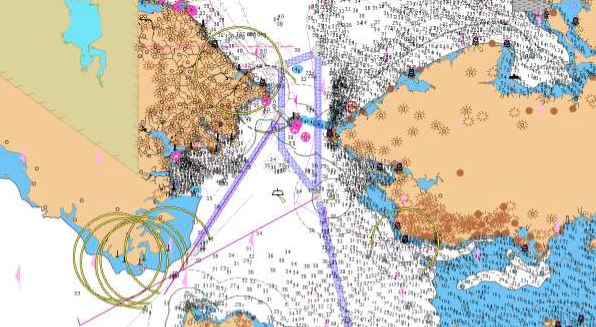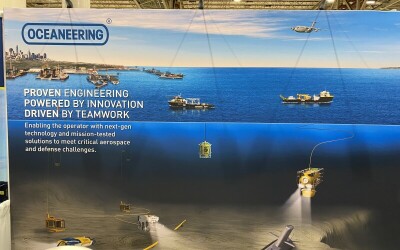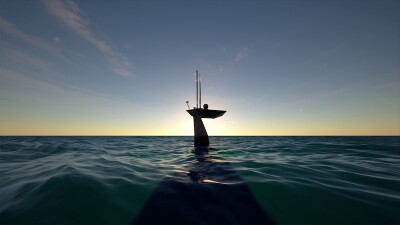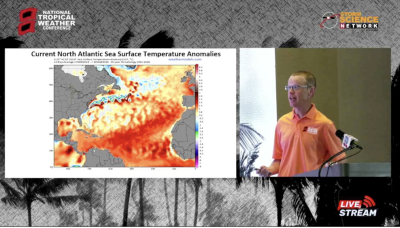The International Maritime Organization has approved a joint proposal by the United States and the Russian Federation for safer ship routing in the Bering Strait and Bering Sea.
To take effect on Dec. 1, 2018, the six two-way routes and six precautionary areas are the first internationally recognized ship routing measures the IMO has approved for polar waters. It is a significant cooperative achievement by U.S. and Russian maritime safety officials, at a time when growing navigation in the high latitudes is often seen as a potential source of rivalry between the two nations.
“We have observed a steady increase in Arctic shipping activities over the last decade, and these routing measures were jointly developed in response to this increased activity,” said Mike Sollosi, the chief of the U.S. Coast Guard Navigation Standards Division, in a statement announcing the IMO approval.
The new shipping routes lie in U.S. and Russian territorial waters off the coasts of Alaska and the Chukotskiy Peninsula, designed to help mariners avoid shoals, reefs and islands and to reduce the potential for marine casualties and environmental disasters. The routing is voluntary for all domestic and international ships, and there are no constraints on commercial fishing or other hunting and subsistence activities by the people who live on those waters, according to the Coast Guard.
“This is a big step forward as the U.S. Coast Guard continues to work together with international, interagency and maritime stakeholders to make our waterways safer, more efficient and more resilient,” said Sollosi.
The joint proposal grew out of a Coast Guard Port Access Route Study of Bering Strait marine traffic, with findings submitted by the Coast Guard 17th District in 2017. It is the result of a decade-long process of consultation with international, interagency, industry, and private stakeholders, and extensive coordination with community residents along the coasts of Alaska, according to the Coast Guard.





